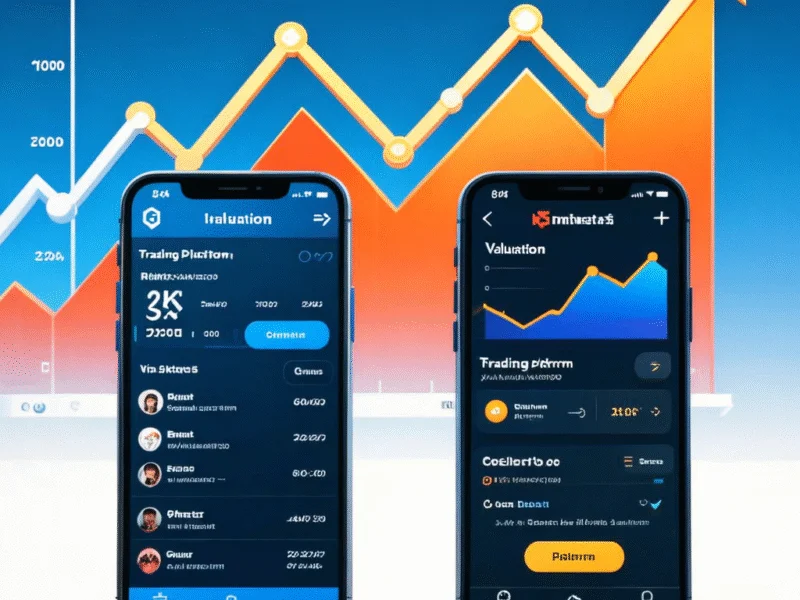According to Supply Chain Dive, Nestlé is upgrading its ERP system from SAP’s legacy ECC platform to a more AI-focused setup that will enable real-time supply and demand matching. The company’s CIO Chris Wright said the move will provide more flexibility and insights to roll out products globally faster. This comes as Nestlé plans to cut 16,000 jobs, representing 6% of its global workforce, over the next two years, with three-quarters of reductions hitting corporate roles. The company is specifically migrating from SAP S/4HANA Finance, with SAP planning to end mainstream support for ECC in 2027. Nestlé already moved its entire SAP ERP to the SAP Private Cloud in 2022, and CEO Philipp Navratil recently admitted the company “has not been the most efficient” historically.
The Real Story Behind the Upgrade
Here’s the thing about these massive ERP upgrades – they’re never just about technology. When a company as huge as Nestlé decides to rip out and replace its core business systems, there’s always more going on. The timing is particularly telling: 16,000 job cuts announced alongside an automation-focused system upgrade? That’s not a coincidence.
Basically, Nestlé is doing what many legacy corporations are facing – they’ve been running on systems that were modern back in 2004 when SAP ECC launched. But now they’re staring down the barrel of SAP ending mainstream support in 2027, which means they either upgrade now or face security risks and compatibility issues later. The migration to SAP Private Cloud in 2022 was likely phase one, and this AI-focused upgrade is phase two.
Where AI and Automation Actually Help
So what does “AI-focused ERP” actually mean for a company that sells everything from coffee to baby formula? The real value seems to be in matching supply and demand in real time across both physical stores and online channels. Think about it – if Nestlé can better predict when stores need more Nescafé or when online shoppers are likely to buy Purina pet food, they waste less money on inventory and lost sales.
The standardized procurement and consistent reporting might sound boring, but for a global operation, that’s where the real efficiency gains happen. When every region uses different processes and reports data differently, you get the kind of inefficiency that Navratil openly admitted to. Now they’re basically saying: enough with the manual work, let the systems handle the routine stuff.
The Human Cost of Efficiency
Let’s be real about those 16,000 job cuts though. When three-quarters are coming from corporate roles, you have to wonder how much of this is about replacing people with automated systems. Procurement standardization? That probably means fewer people manually processing purchase orders. Consistent reporting? Fewer analysts compiling spreadsheets from different systems.
It’s the classic corporate dilemma – do you invest in making your people more effective, or do you replace them with systems? Nestlé seems to be choosing door number two, and given their admission about past inefficiency, you can understand why. But it’s still a brutal transition for those 16,000 employees who now have to find new jobs in an economy where many companies are pursuing similar automation strategies.
The Bigger Picture for Legacy Companies
What’s really interesting is how many other companies are facing this exact same crossroads. SAP ECC has been the backbone of corporate America and Europe for nearly two decades, and with support ending in 2027, we’re going to see wave after wave of these announcements. The difference now is that companies aren’t just upgrading to similar systems – they’re using this as an opportunity to completely rethink how they operate.
The move to cloud-based, AI-enabled systems represents a fundamental shift from ERP as record-keeping software to ERP as decision-making software. Instead of just tracking what happened, these systems can now suggest what should happen next. For Nestlé, that might mean automatically adjusting production when weather patterns suggest higher coffee demand, or rerouting shipments when port delays hit.
So while the job cuts understandably grab headlines, the real story here is about how even the most traditional companies are being forced to embrace digital transformation. The question is whether they can pull it off without losing what made them successful in the first place.




